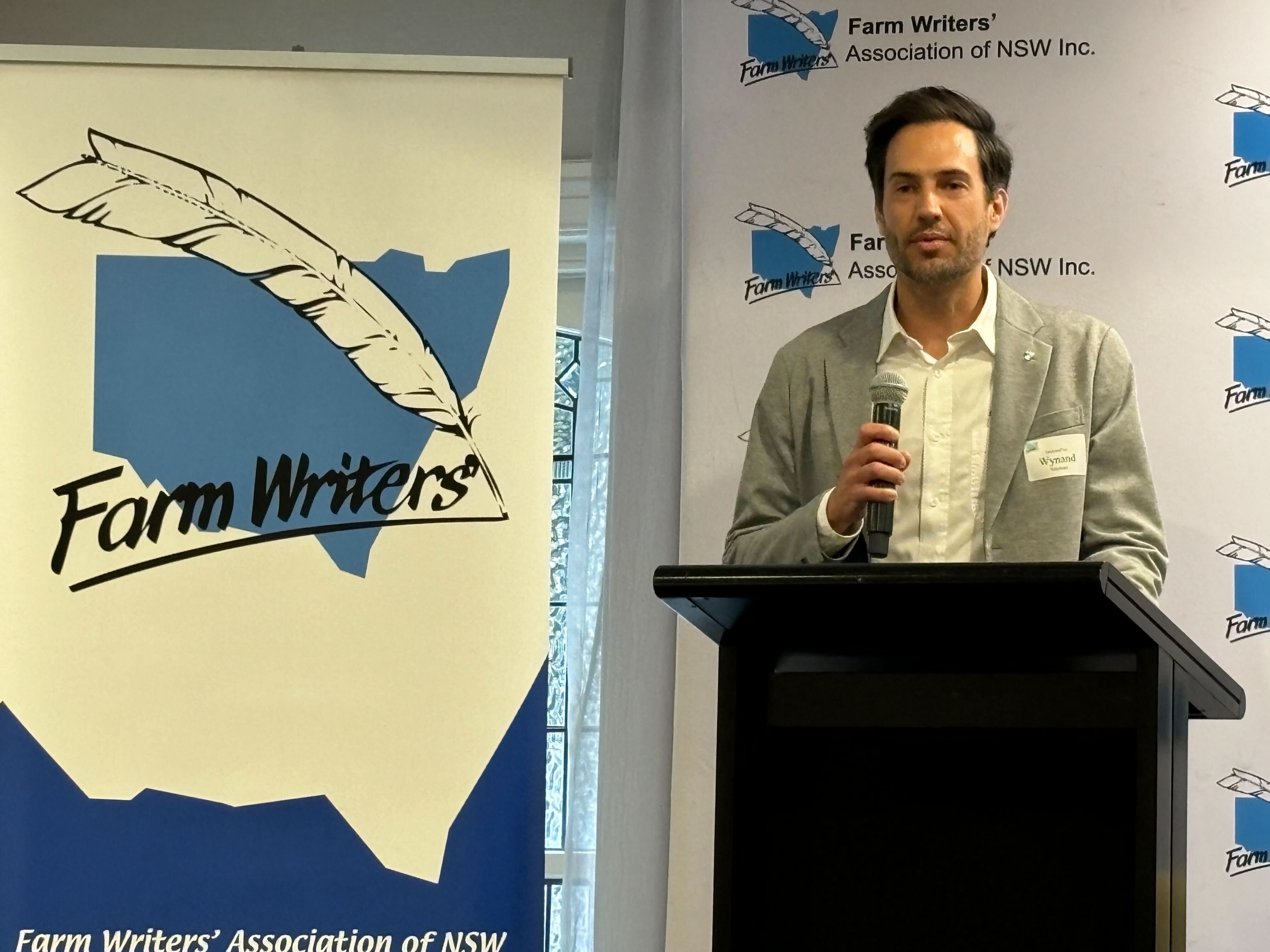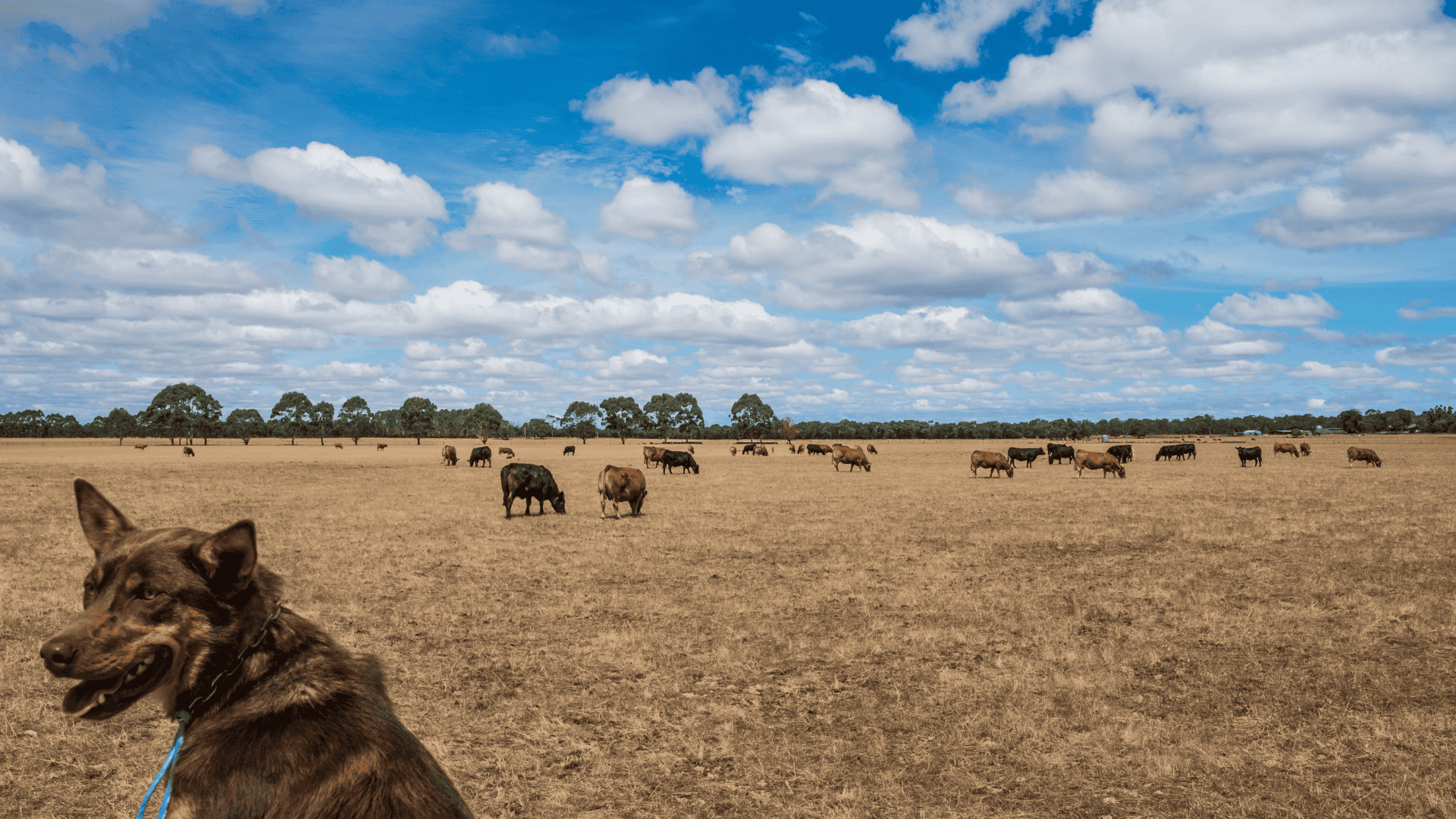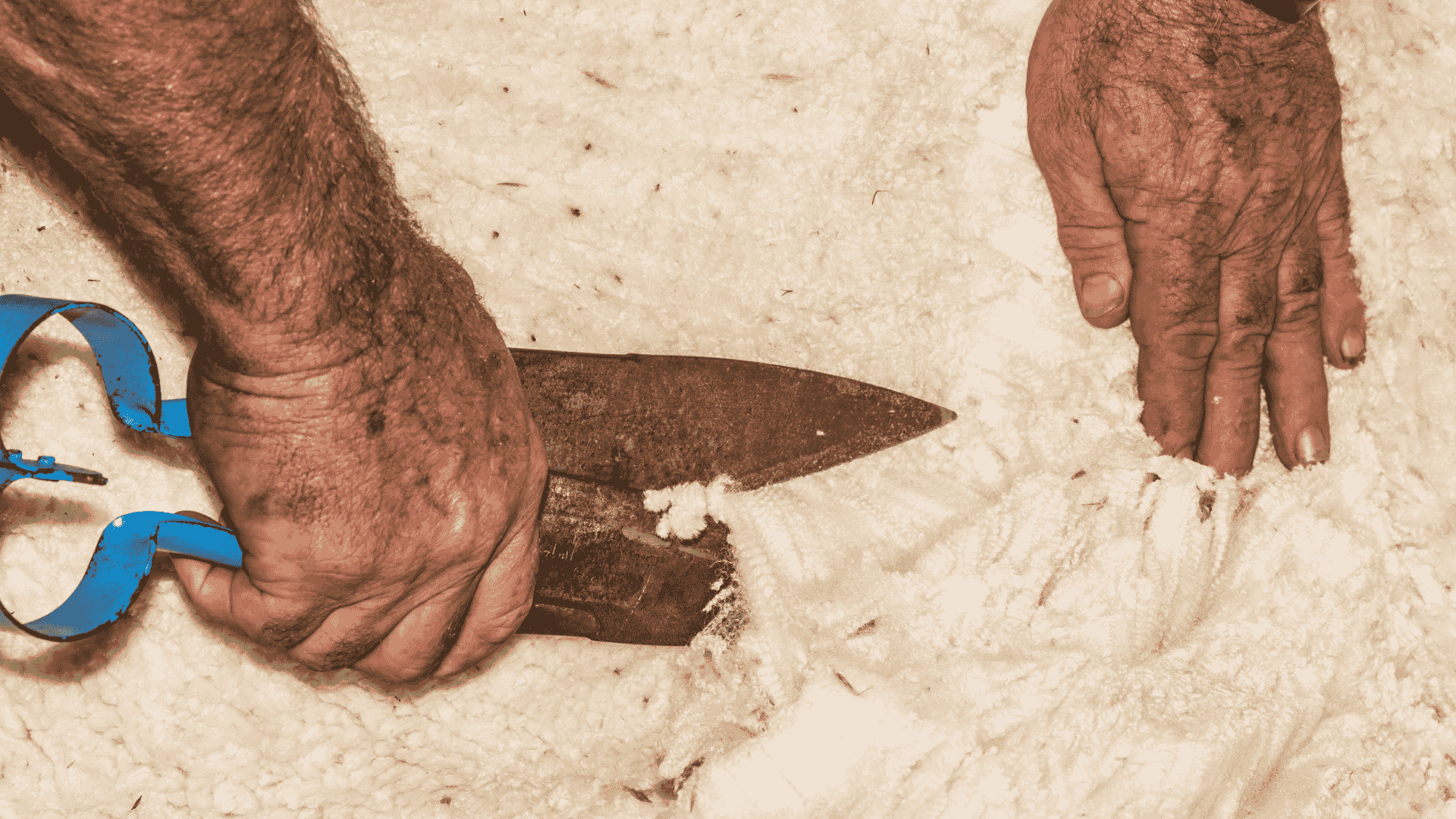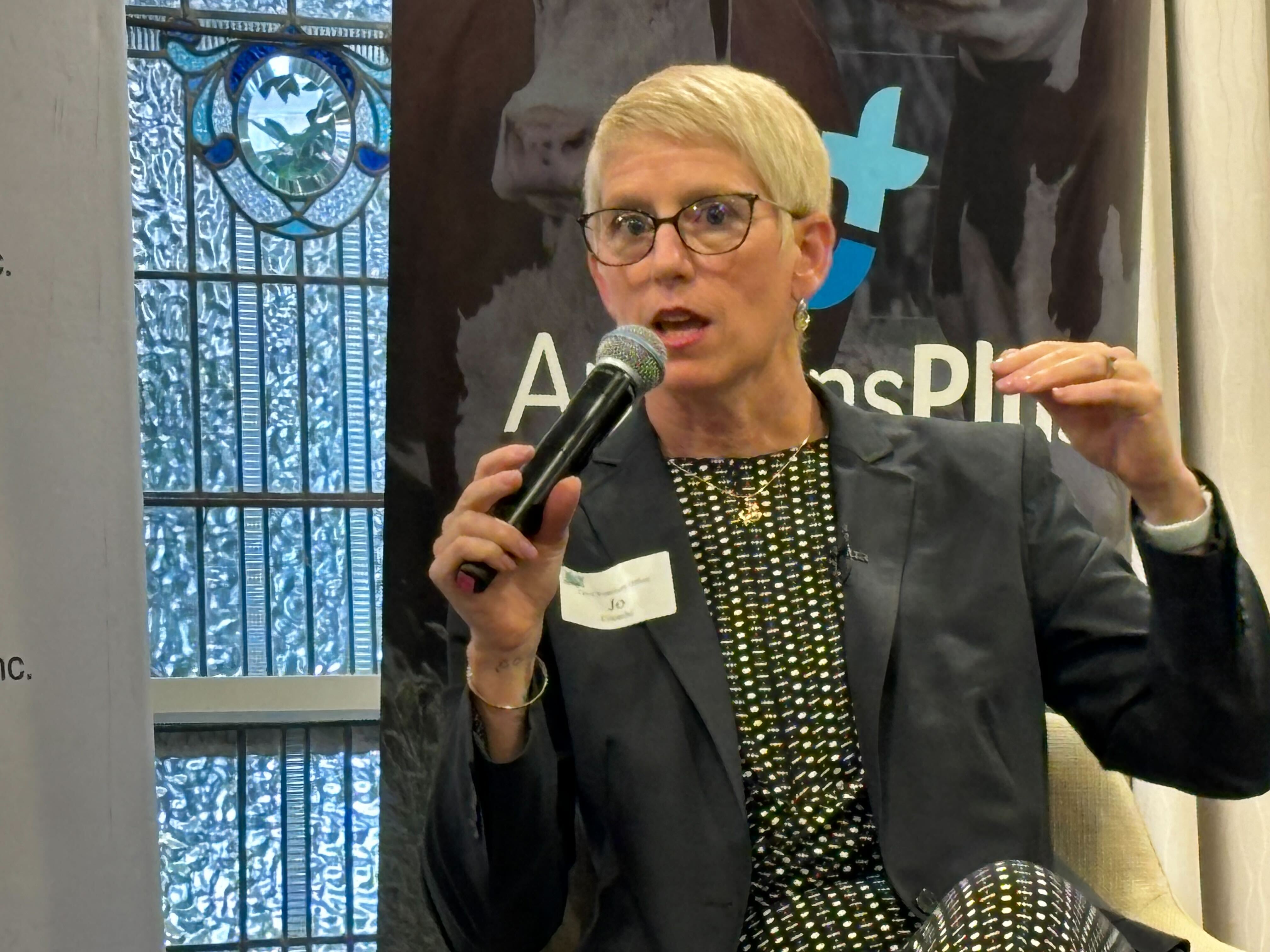Australia ag commodity prices and the Australian dollar
The higher Australian dollar has prompted questions about the likely impact on local extensive agricultural commodity prices. Mecardo has covered...
NSW Chief Veterinary Officer (CVO) Dr Joanne Coombe gave cattle producers some good news when attending a recent Farm Writers' Association of NSW event.
Dr Coombe, who is also the Director, Animal Biosecurity at the NSW Department of Primary Industries, was the guest speaker at the event, themed “Holding the biosecurity frontline for NSW” last week.
The highly contagious H5N1 avian influenza has been detected not only in US dairy cattle herds but also has jumped the species barrier to humans.
This had concerned Australian beef farmers, worried about how their herds may be affected if the virus made its way to Australia
Dr Coombe said initial research out of the US had found that H5N1 was not very transmissible.
“So could it come to Australia? Well, not via cows because we don't allow any cows in from the US,” she said.
“Could it be spread via other means? It's looking like the risk is pretty low because for that cow to transmit it to a human and then for the human to have enough dose that they're infected and can transmit it again, is pretty low likelihood from my from my understanding so far of what I've read in the in the literature from the US.”
She had also heard that the virus was only causing a small drop in production in dairy cattle that had been infected.
“To be honest, when I was in dairy you'd probably see a far larger drop in production from lameness in your dairy cows and I don't know that all the dairy farmers out there are quite on top of that yet in Australia.”
Dr Coombe was more concerned about detections of H5N1 in aquatic mammals and migratory birds, which could bring the contagion to Australia during migratory activities.
“All the modeling is indicating that it's likely to be those migratory birds that bring it in, especially this clade,” she said.
“There's been modeling, so it could come up from Antarctica, equally it could come down from South-East Asia.”
She said there were constant discussions about what would occur if there was an outbreak, but that these processes were well established and constantly reviewed in Australia.
Dr Coombe said outbreaks of diseases that are exotic to Australia could have a major impact on our economy – through trade restrictions - and animal health.
She said the media had done a good job of keeping biosecurity top of mind and that communication professionals also did a good job of getting information out to stakeholders.

AuctionsPlus CEO Wyn Wynand Snyman. Pic: Jackson Hewett
AuctionsPlus Chief Executive Officer Wynand Snyman also addressed the gathered farm writers and industry representatives at the Sydney event.
“Biosecurity is always on our mind at AuctionsPlus. We have a highly robust, and continually reviewed process for assessing animals, and an agent must clearly identify any animal that is visibly sick,” Mr Snyman said.
“We think that our platform is an excellent way to mitigate risk by sparing the co-mingling that you would see in the sale yards.
“In the event of a biosecurity issue, our platform enables users to identify where a lot is being bought from down to the PIC and latitude and longitude coordinates.
“If, heaven forbid, such an event occurs, then we stand ready to enable the industry to continue to trade and function by offering the safest way to trade possible.
“So Dr Coombe, we thank you for your insightful conversation today, and thank you for the work you are doing as Chief Veterinary Officer for the state.”
.png)
The higher Australian dollar has prompted questions about the likely impact on local extensive agricultural commodity prices. Mecardo has covered...

Last week, StoneX released its H1 2026 Australian Cattle & Beef Market Outlook report, which covers all key production forecasts for the beef...

Greasy wool prices have increased markedly this season, in the absence of any substantial improvement in macroeconomic indicators or major apparel...
